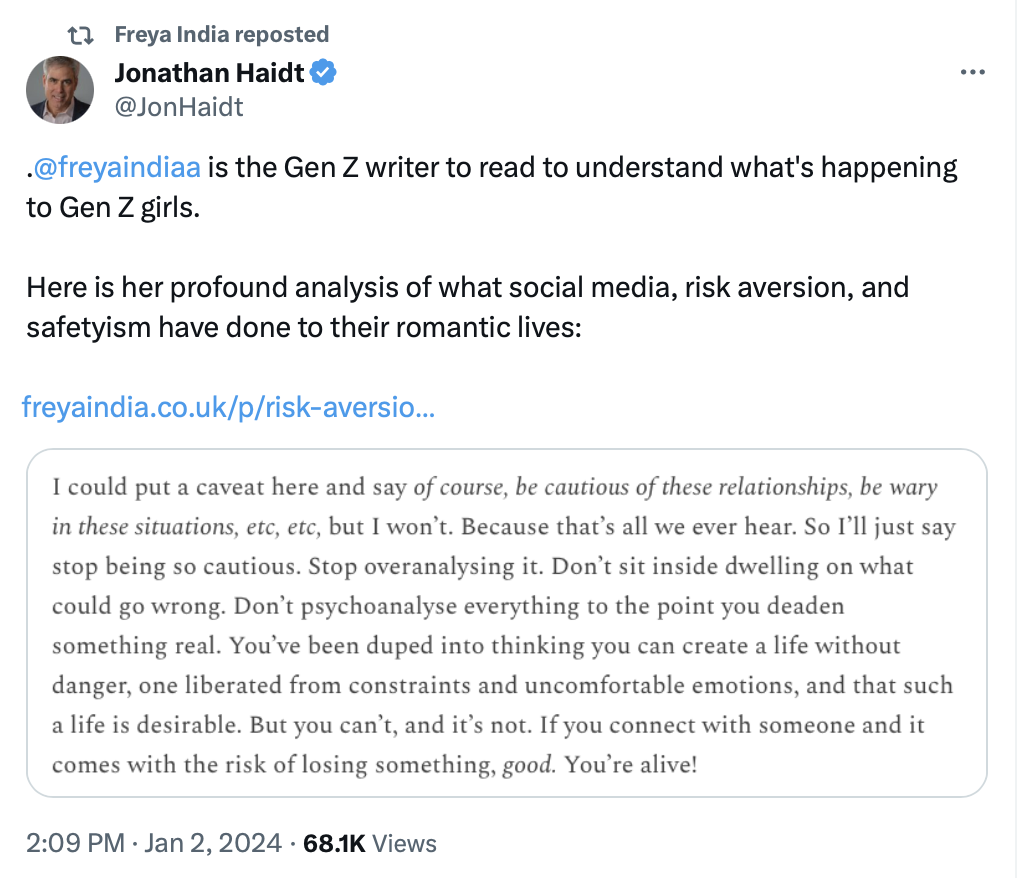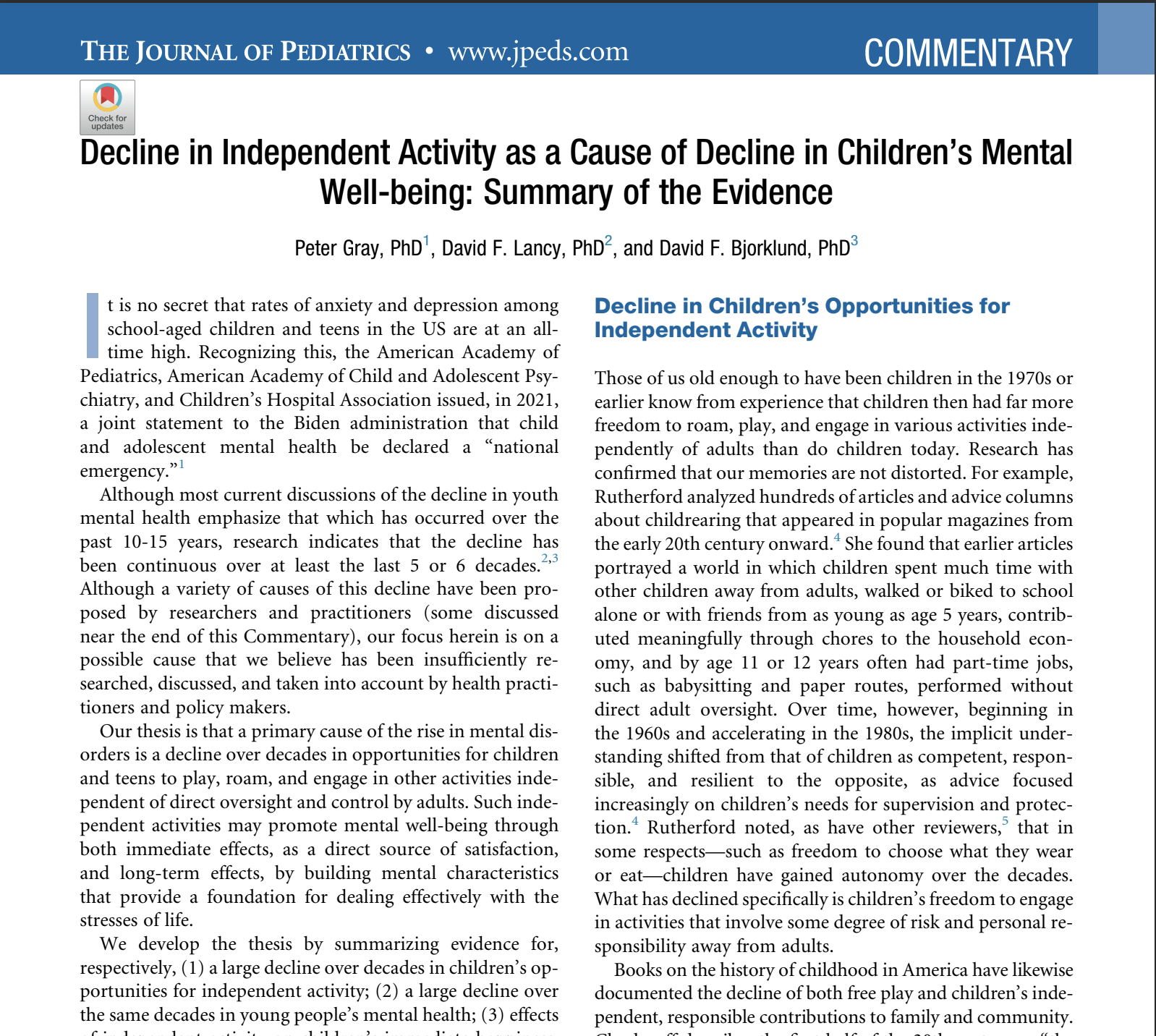Are We Being Afflicted by the Devouring Mother?
Are we being afflicted by the "Devouring Mother"?
JULIAN ADORNEY, MARK JOHNSON, AND GEOFF LAUGHTON explain at Reality's Last Stand. Their article is titled: "How Safetyism Is Robbing Our Children of the Hero’s Journey" Excerpt:
One key element of the devouring mother archetype is that she prevents her child from going on the hero’s journey. The great psychologist Erich Neumann tells a story to describe how this works in The Origins and History of Consciousness.
The basic theme of the work is the mother’s resistance to the growth and development of her son,” Neumann writes. “He has always lived with her, but now he threatens to go away.” The boy’s father “understands that the son is a hero, a god’s son, and, with the help of his wife’s familiar spirit, he tries to make the hero’s fate and its necessity apparent to her and the boy.” Yet he fails. His assertion that “their son is a hero” is “poisonous to her ears.” He says that the world “has need of him [the son],” but the mother rejoins, “My son is no hero, I need no hero son.
Why is the devouring mother so determined to prevent her son from becoming a hero? Because his becoming a hero means he will leave her. He will strike out on his own, beyond the orbit of her love. Neumann notes that “the mother denies him his right to a future, lest the child grow away from her.” When the son suggests that he might have a destiny and could potentially do something valuable with his life, the devouring mother “slaps his face and tells him he is to remain his mother’s son and not have an ego.”
This archetype of the devouring mother, who refuses to let her child mature and become autonomous, is starting to be reflected in the data. Perhaps due to societal overprotectiveness, members of Gen Z are slower to hit developmental milestones than previous generations. They are less likely to obtain their driver’s licenses at 16 and engage in dating during high school. They are more likely to live with their parents, even through their 20s and early 30s. While some trends might seem positive—such as the decline in alcohol consumption among youth—these are also indicative of a larger pattern: young people are not severing ties with their parental homes as early as they once did.
The devouring mother harms her own children, of course. It is difficult to avoid concluding that our societal overprotectiveness contributes significantly to Gen Z’s increasing rates of obesity, anxiety, and depression. But the damage likely extends beyond individual families, affecting society as a whole. The concern is not merely that young people are driving less and dating less; they are also becoming less entrepreneurial. Writing in the prestigious journal Work, Aging and Retirement, researchers noted a steady decline in the percentage of 12th graders aspiring to own their own businesses from the late 1980s through 2014 (the last year the study collected data for). In 1985, 46 percent of high school students said that they would like to be self-employed. By 2015 that number had fallen to just 31 percent.




